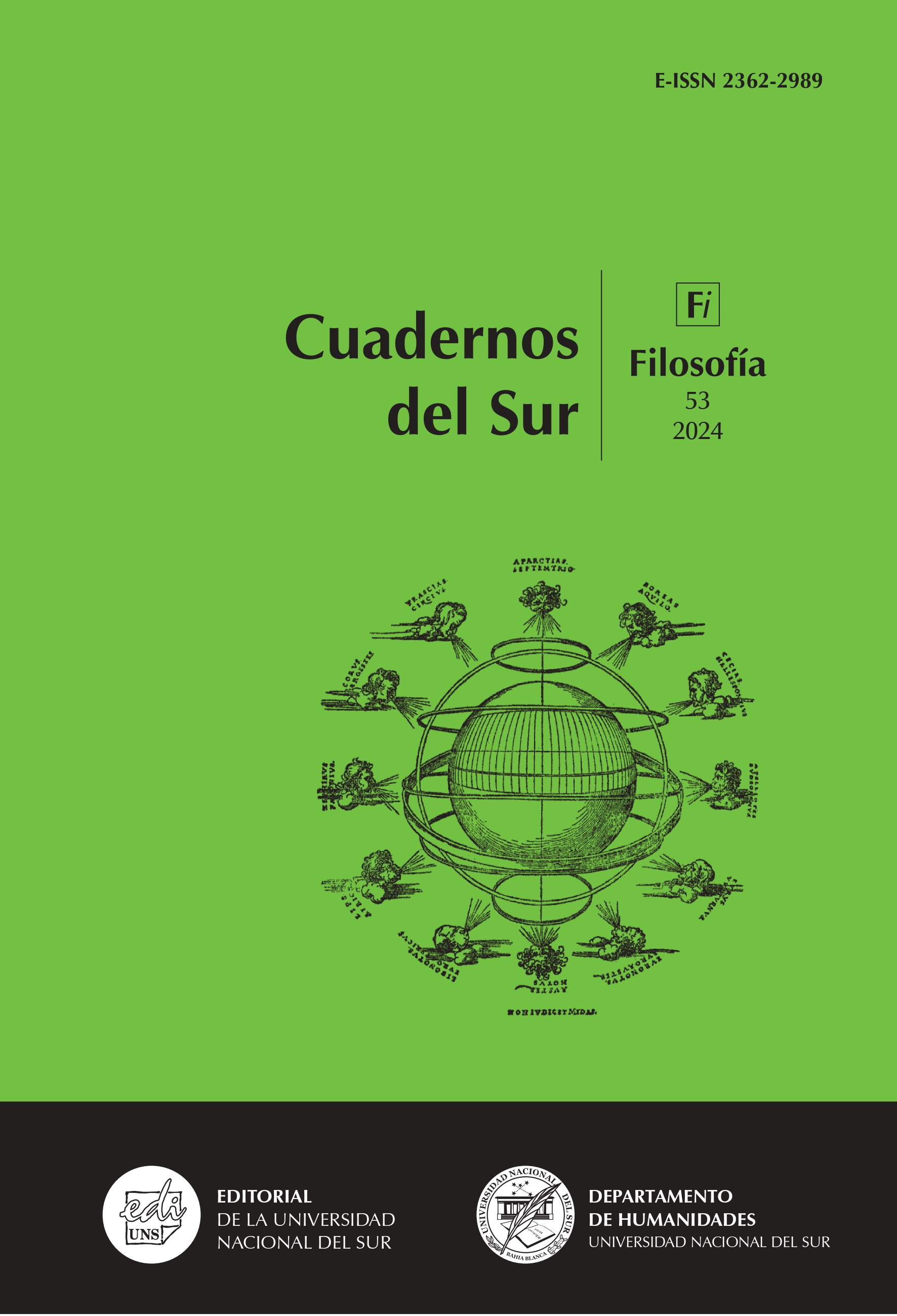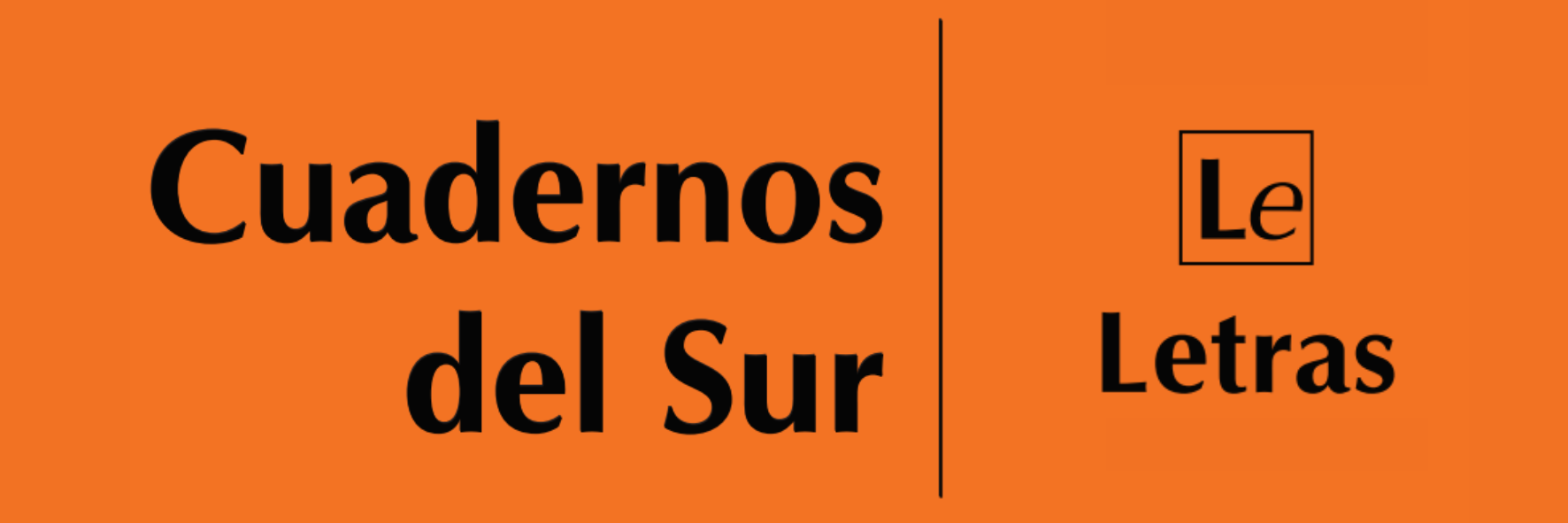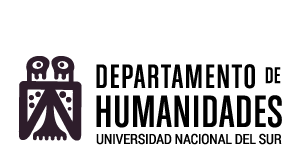The Spider's Strategy in the Age of YouTube: Holy Spider and the Historicity of Abjection
DOI:
https://doi.org/10.52292/csf5320244761Keywords:
mimesis, contemporary cinema, ethics of representationAbstract
The representation of violence in cinema today cannot be isolated from the endless circulation of atrocious crime video recordings on the Internet. In this context, we discuss the validity and relevance of the problem of abjection, introduced by Jacques Rivette in the 1950s debates on the ethics of representation regarding the issue of crimes against humanity, committed during the Second World War. The topic was discussed by Serge Daney in his famous essay “The Tracking Shot in Kapo”. In this article, we focus on the critical reception of Ali Abassi’s Holy Spider, which premiered in Cannes in 2022. The film recreates the femicides committed by Saeed Hanaei in the city of Mashhad in Iran between 2000 and 2001. To address it, we revisit different philosophical approaches on the representation of evil, as well as some considerations on the moral value of images in the context of Internet video files distribution and their impact on moral sensitivity to horror. This leads us to review some key concepts of art history about mimesis and their ethical relevance, in order to review abjection in the contemporary cinema.
Downloads
References
Abassi, Ali (director) (2016), Shelley [película], Dinamarca, Profile Pictures - New Danish Screen - Film i Skåne.
----- (director) (2019), Gräns [Border] [película], Suecia - Dinamarca, Meta Film Stockholm - Black Spark Film & TV - Kärnfilm.
----- (director) (2022), Holy Spider [película], Dinamarca - Alemania - Francia - Suecia, Profile Pictures - One Two Films - Why Not Productions - Wild Bunch International - Nordisk Film Production.
Cuarón, Alfonso (director) (2018), Roma [película], México - EE. UU, Esperanto Filmoj - Participant - Pimienta Films.
Druckman, Neil y Mazin, Craig (productores) (2023), The Last of Us [serie televisiva], EE. UU, Canadian Film or Video Production Tax Credit (CPTC) - Government of Alberta - Naughty Dog.
Fukunaga, Cary Joji (director) (2015), Beasts of No Nation [película], EE. UU., Red Crown Productions - The Princess Grace Foundation - Participant.
Leth, Jørgen y Trier, Lars von (directores) (2003), De fem benspænd [Las cinco obstrucciones] [película], Dinamarca, Almaz Film Productions S.A. - Panic Productions - Wajnbrosse Productions.
Mizoguchi, Kenji (director) (1972), Ugetsu monogatari [Cuentos de la luna pálida] [película], Japón, Daiei Studios.
Noé, Gaspar (director) (2002), Irréversible [película], Francia, 120 Films - Canal+ - Eskwad.
Pontecorvo, Gillo (director) (1962), Kapò [película], Italia - Francia - Yugoslavia, Cineriz - Vides Cinematografica - Zebra Films - Francinex - Lovcen Films.
Resnais, Alain (director) (1956), Nuit et brouillard [Noche y niebla] [película], Francia, Argos Films.
Roth, Eli (director) (2006), Hostel [película], EE. UU., Next Entertainment - Raw Nerve - International Production Company.
Spasojevic, Srdjan (director) (2010), Srpski film [película], Serbia, Contra Film.
Adorno, Theodor (1962), “La crítica de la cultura y la sociedad”, en Prismas. La crítica de la cultura y la sociedad, Barcelona, Ariel, pp. 9-29.
Alblas, Ezelle (19 de enero de 2023), Ali Abbasi interview on Holy Spider [video], YouTube, [disponible en https://www.youtube.com/watch?app=desktop&v=Gh4PdLeMLxs&feature=youtu.be].
Arendt, Hannah (1999), Eichmann en Jerusalén. Un estudio acerca de la banalidad del mal, Barcelona, Lumen.
Bazin, André (2011), “El montaje prohibido”, Cuadernos de cine documental, n° 1, vol. 5, pp. 49-52.
Bernstein, Richard (2005), El mal radical. Una indagación filosófica, Buenos Aires, Lilmod.
Casetti, Francesco (2012), “The relocation of cinema”, NECSUS. European Journal of Media Studies, nº 1, pp. 5-34, [disponible en https://mediarep.org/entities/article/7d026c07-7b4d-4f3f-85a5-eb83f7193157].
Celis Bueno, Claudio (2016), The Attention Economy: Labour, Time and Power in Cognitive Capitalism, Londres, Rowman & Littlefield International.
----- (mayo de 2019), “Notas sobre el estatuto político de la imagen en la era de la visión artificial”, Revista Barda, n° 8, pp. 89-106.
Crawford, Kate (2022), Atlas de IA. Poder, política y costes planetarios de la inteligencia artificial, Buenos Aires, Fondo de Cultura Económica.
Creed, Barbara (2016), “Terror y el monstruo femenino”, laFuga, n° 18, [disponible en http://lafuga.cl/terror-y-el-monstruo-femenino/783].
Daney, Serge (1992), “El travelling de Kapo”, Trafic, n° 4, [disponible en Cinéfagos, https://www.cinefagos.net/index.php/documentos/442-el-travelling-de-kapo.html].
Feld, Claudia y Stites Mor, Jessica (comps.) (2009), El pasado que miramos. Memoria e imagen ante la historia reciente, Buenos Aires, Paidós.
Hallinan, Blake y Striphas, Ted (2016), “Recommended for you: The Netflix Prize and the production of algorithmic culture”, New Media & Society, n° 18, vol. 1, pp. 117-137, [disponible en https://doi.org/10.1177/1461444814538646].
Koza, Roger (23 de mayo de 2022), “Cannes 2022 (6): Vidas tenebrosas”, Con los ojos abiertos, [disponible en http://www.conlosojosabiertos.com/cannes-2022-06-vidas-tenebrosas/].
Kristeva, Julia (1980), Pouvouirs de l'horreur. Essai sur l'abjection, París, Éditions du Seuil.
----- (1988), Poderes de la perversión. Ensayo sobre Louis-Ferdinand Céline, México, Siglo XXI.
Lerer, Diego (22 de mayo de 2022), “Cannes 2022: crítica de ‘Holy Spider’, de Ali Abbasi (Competencia)”, Micropsia, [disponible en https://www.micropsiacine.com/2022/05/cannes-2022-critica-de-holy-spider-de-ali-abbasi-competencia/].
Newton, Casey (16 de diciembre de 2019), “Google and YouTube moderators speak out on the work that gave them PTSD”, The Verge, [disponible en https://www.theverge.com/2019/12/16/21021005/google-youtube-moderators-ptsd-accenture-violent-disturbing-content-interviews-video].
Pietsch, Bryan (28 de diciembre de 2021), “TikTok content moderator sues company, alleging trauma from hours reviewing videos of rape and killings”, Washington Post, [disponible en https://www.washingtonpost.com/technology/2021/12/28/tiktok-moderator-lawsuit-violent-content-ptsd/].
Rancière, Jacques (1995), El desacuerdo: Política y filosofía, Buenos Aires, Nueva Visión.
Rivette, Jacques (18 de mayo de 2010), “De la abyección”, Misterioso objeto al mediodía, [1961], [disponible en https://misteriosoobjetoalmediodia.wordpress.com/2010/05/18/de-la-abyeccion-jacques-rivette-1961/].
Schmucler, Héctor (2019), “Spielberg y el escándalo de estetizar el horror”, en La memoria, entre la política y la ética, Buenos Aires, Clacso, pp. 113-118.
Steyerl, Hito (2014), Los condenados de la pantalla, Buenos Aires, Caja Negra.
Stine, Scott Aaron (junio de 1999), “The Snuff Film: The Making of an Urban Legend - CSI”, Skeptical Inquirer Volume, n° 23, vol. 3, [disponible en https://web.archive.org/web/20180925180514/https://www.csicop.org/si/show/snuff_film_the_making_of_an_urban_legend].
Svetko, Fernado (2023), Representar y redimir. La mímesis según Pier Paolo Passolini, Córdoba, Los Ríos.
Terranova, Tiziana (2022), Cultura de la red. Información, política y trabajo libre, Buenos Aires, Tinta Limón.
van Mechelen, Marga (2007), “El arte abyecto”, Relaciones, n° 184, [disponible en http://www.chasque.net/frontpage/relacion/9909/signos.htm#Serie].
Weimann, Gabriel (2010), “Terror on Facebook, Twitter, and Youtube”, The Brown Journal of World Affairs, n° 16, vol. 2, pp. 45-54.
Weston, Kelli (27 de marzo de 2023), “Memories of Murder: ‘Holy Spider’ and Serial Killer Cinema”, Notebook, [disponible en https://mubi.com/en/notebook/posts/memories-of-murder-holy-spider-and-serial-killer-cinema].
Wiessner, Daniel (23 de julio de 2021), “Judge OKs $85 mln settlement of Facebook moderators’ PTSD claims”, Reuters, [disponible en https://www.reuters.com/legal/transactional/judge-oks-85-mln-settlement-facebook-moderators-ptsd-claims-2021-07-23/].
----- (13 de julio de 2022), “YouTube settles moderators’ case over graphic videos for $4.3 mln”, Reuters, [disponible en https://www.reuters.com/legal/transactional/youtube-settles-moderators-case-over-graphic-videos-43-mln-2022-07-13/].
How to Cite
Issue
Section
License
Copyright (c) 2024 Carlos Balzi, Agustín Berti

This work is licensed under a Creative Commons Attribution-NonCommercial 4.0 International License.
Aquellos autores/as que tengan publicaciones con esta revista, aceptan los términos siguientes:- Los autores/as conservarán sus derechos de autor y garantizarán a la revista el derecho de primera publicación de su obra, el cuál estará simultáneamente sujeto a la licencia Atribución-No Comercial 4.0 Internacional CC BY-NC 4.0.
- Los autores/as podrán adoptar otros acuerdos de licencia no exclusiva de distribución de la versión de la obra publicada (p. ej.: depositarla en un archivo telemático institucional o publicarla en un volumen monográfico) siempre que se indique la publicación inicial en esta revista.
- Se permite y recomienda a los autores/as difundir su obra a través de Internet (p. ej.: en archivos telemáticos institucionales o en su página web) una vez publicado su trabajo, lo cual puede producir intercambios interesantes y aumentar las citas de la obra publicada. (Véase El efecto del acceso abierto).














